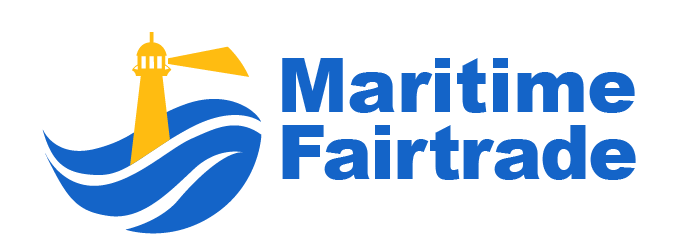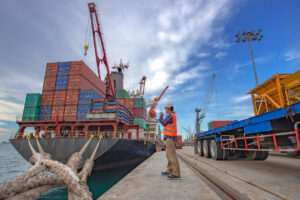Singapore’s Jurong Port has joined The Castor Initiative, a global partnership that is committed to make zero emission shipping a reality.
“We are delighted to be part of The Castor Initiative, which is determined to take concrete steps to meet IMO 2050 targets through the development and deployment of ammonia-fueled ships,” said CEO of Jurong Port, Ooi Boon Hoe.
Being the operator of the busiest bunkering terminal in the world’s largest bunkering port today, Ooi said that Jurong Port is keen to facilitate the adoption of future marine fuels, including ammonia, by providing suitable supporting bunkering infrastructure.
The multinational coalition, which consists of Malaysia’s shipping group MISC Berhad, UK’s classification society Lloyd’s Register (LR), South Korean shipbuilder Samsung Heavy Industries (SHI), Germany’s engine manufacturer MAN Energy Solutions (MAN), the Maritime and Port Authority of Singapore (MPA) and Norwegian fertilizer firm Yara International ASA, believes that the maritime industry needs leadership and greater collaboration if shipping is to meet the International Maritime Organization (IMO)’s greenhouse gas (GHG) ambitions.
MISC, in a statement on December 1, said the Jurong Port announcement follows a key project milestone in September 2021 when LR awarded approval in principle (AiP) to SHI for its ammonia fuel supply and fuel storage system. SHI had earlier received an AiP in September 2020 for its ammonia-fueled tanker design.
Promoting the adoption of ammonia fuel
In January 2020, MISC, SHI, LR and MAN launched a joint development project (JDP) for the ammonia-fueled tanker project to support the shipping industry’s drive towards a decarbonized future. MPA and Yara joined them in February last year and the partners named the expanded coalition The Castor Initiative.
With Jurong Port, a provider of multipurpose port services, the multinational coalition now has an even wider and diverse circle of maritime expertise to ensure and support the complete ecosystem required for ammonia-fueled tankers to operate sustainably.
Jurong Port is a multipurpose port operator serving as Singapore’s premier gateway for general and bulk cargo. Jurong Port also owns and operates two of the most modern tank storage terminals in Singapore – Jurong Port Tank Terminals (JPTT) and Jurong Port Universal Terminal (JPUT).
With a combined storage capacity of almost 3 million m3, Jurong Port is the largest independent oil storage terminal operator in Singapore. JPUT, in particular, supports approximately 30 percent of Singapore’s annual bunkering volume, reinforcing the nation’s position as the top bunkering hub in the world.
Jurong Port caters to regional and domestic markets across diverse industry supply chains which include construction, shipbuilding, offshore, transport, logistics, energy, and manufacturing industries. The port’s local and overseas terminals handled a total of about 40 million tons of general and bulk cargo and almost half a million TEUs in 2020.
First ammonia-fueled tanker to be operational by 2024
President and Group CEO of MISC Berhad, Datuk Yee Yang Chien, said: “The Castor Initiative is privileged to have another strategic enabler be part of our multinational alliance as we journey together to commercialize the development of our first ammonia-fueled tanker by 2024.”
Yee said Jurong Port’s diverse expertise and rich legacy of commercial success will be key to the sustainable operations of deep sea zero carbon emission vessels for the industry.
“We look forward to establishing further concrete industry milestones with all our partners as collaboration is a must and we hope that The Castor Initiative will inspire others to join forces to work together seamlessly to accomplish the industry’s GHG aspirations ahead of 2050,” Yee added.
President and CEO of SHI, Jin Taek Jung said the company expects that the performance of collective efforts of the coalition partners will be further strengthened by the expertise of Jurong Port for future fuel bunkering including ammonia.
CEO of MPA, Quah Ley Hoon, said Jurong Port’s participation will enable the coalition to test the port infrastructure and processes required to handle future marine fuels, including ammonia. This, she said, will enable the global shipping industry to work towards the IMO’s 2050 targets for emissions reduction.
While ammonia is one of the fuels being considered by maritime stakeholders, the coalition also recognizes that the shipping industry needs to explore multiple decarbonization pathways and hope to spur others in the maritime industry to join forces on addressing this global challenge.
To meet the IMO’s 2050 ambitions on halving GHG emissions from 2008 levels, zero-carbon vessels need to enter the world fleet by 2030.










